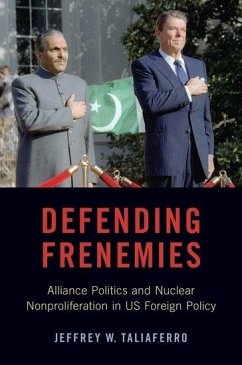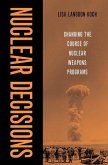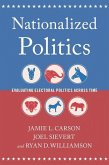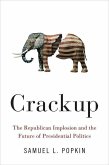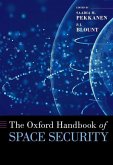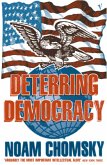Defending Frenemies examines the nonproliferation strategies that United States pursued toward vulnerable and often obstreperous allies in three volatile regions of the globe, the Middle East, South Asia, and East Asia, from the early 1960s to the early 1990s. Jeffrey W. Taliaferro shows that superpower competition and regional power dynamics, as filtered through US domestic politics, shaped the types of strategies US policymakers adopted toward the nuclearproliferation by Israel, Pakistan, South Korea, and Taiwan during the Cold War. The overriding goals of successive US administrations were to contain the growth of the Soviet Union's influence in the Middle East and South Asia, as well as to enlist China as an ally of convenience against the Soviets in EastAsia.
Hinweis: Dieser Artikel kann nur an eine deutsche Lieferadresse ausgeliefert werden.
Hinweis: Dieser Artikel kann nur an eine deutsche Lieferadresse ausgeliefert werden.

